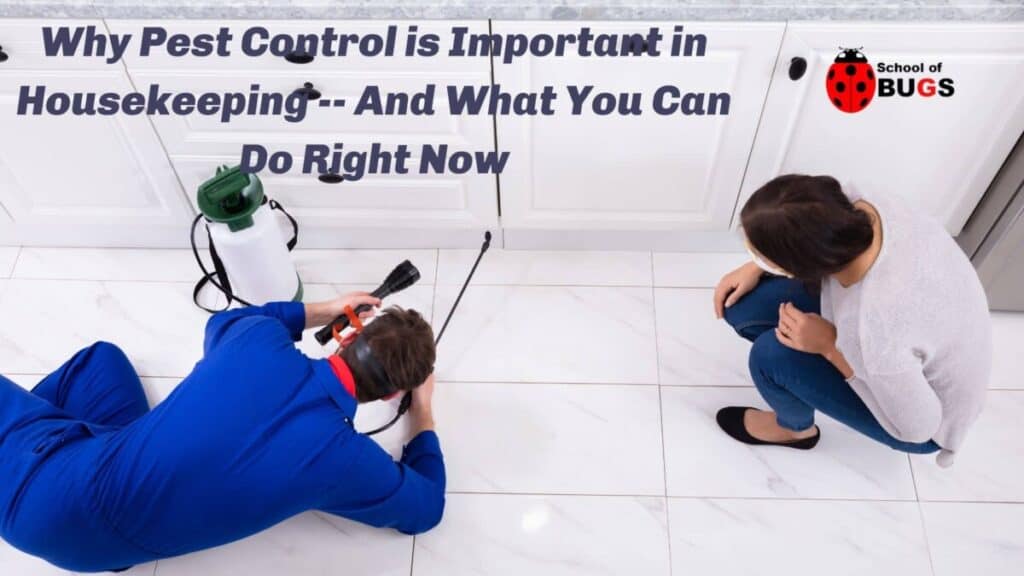
Even if a house looks clean, it doesn’t mean that it’s a safe or healthy place to live. Hidden pests can cause numerous health and sanitation problems, pollute the air and water, and even damage property.
In this article, we’ll look at why pest control plays an important role in housekeeping, and protecting the health and safety of everyone who lives or works there.
- Most homes have hidden pest problems because of common housekeeping mistakes
- Pests have been linked to numerous health risks
- Pests can damage property, which can affect its value and lead to expensive repairs
- Pest problems actually increase the time and money spent on housekeeping
- Professional pest control is a necessary part of maintenance
Poor housekeeping leads to hidden pests in your home
Most people think housekeeping is just about removing dirt and dust, and fixing up any mess. They mop, vacuum, put things away, spray fragrance… and then call it a day.
Many times, cleaning is cursory: you sweep the floor, but not behind book cases. You make the bed, but don’t regularly vacuum the mattress. You scrub the bathroom tiles, but rarely open the bathroom cabinets.
But that is where pests thrive. Hundreds (even thousands) of pests may lurk in areas that are rarely deep-cleaned. This includes cockroaches, ants, mites, bed bugs, fleas and ticks, lice, and vermin.
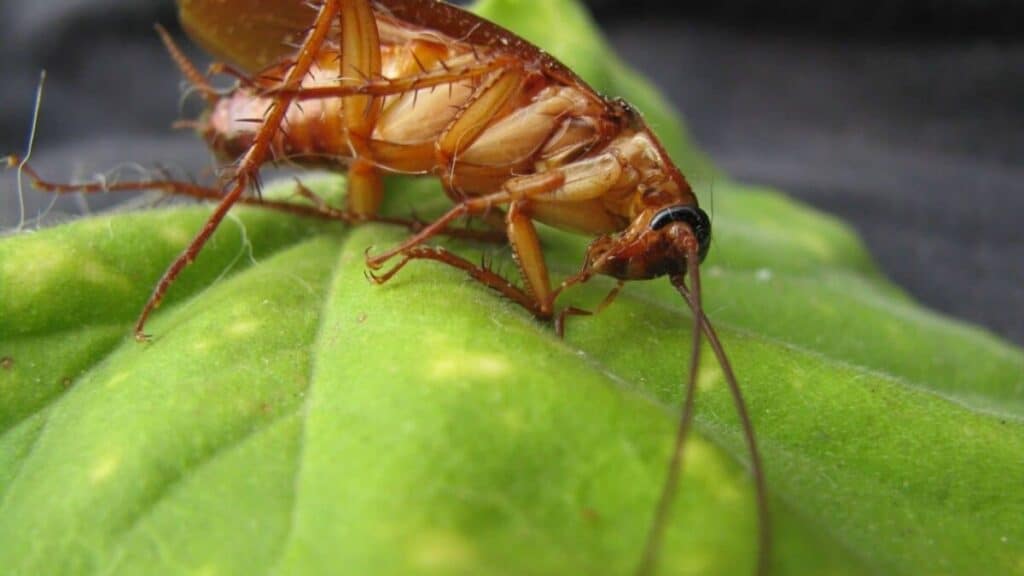
These pests multiply quickly and can thrive on very little food and water and poor living conditions. Cockroaches can live off oil and leftover food on kitchen counters, and entire mite colonies can grow in beddings and carpets. Other pests live can live off the paper, and can thrive even in a stack of old books.
Rats and mice can hide in sewers, and emerge only at night. They can also bring other pests into the home, such as fleas, mites, and ticks.
Pests like termites, wood-boring beetles, and carpenter ants can also hide in inner structures and are completely unseen until the property shows signs of decay.
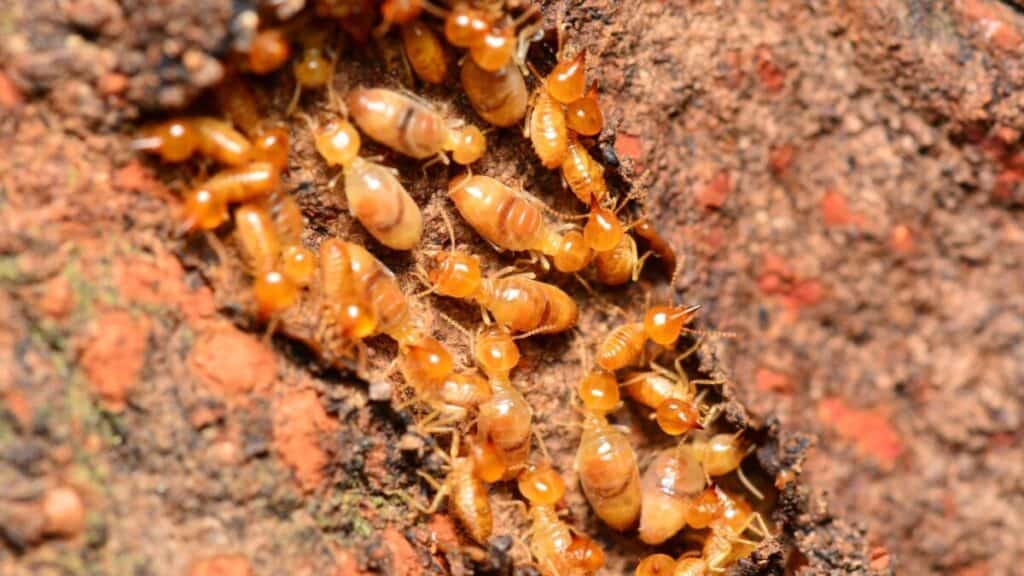
This only goes to show that even a “clean” house can have a hidden pest problem that can’t be corrected with just cleaning or scrubbing.
Why housekeeping should include pest control
The goal of housekeeping isn’t just to make things look nice. It protects everyone’s health and safety, and prevent the property from deteriorating and losing value.
However, hidden pests pose many dangers to both people and property. If you don’t include pest control in your housekeeping routine, you could face bigger problems down the road.
Effect of Pest Problems on Health
- Allergies and respiratory problems. Fecal matter, dead skin cells, or the bodies of dead pests can break down and enter the air. This can lead to asthma and other respiratory problems.
- Skin irritations. Bites from mites, lice, ticks and fleas can cause rashes, itching, and other skin irritations.
- Blood-borne diseases. Mosquitoes can cause dengue, malaria, yellow fever, and Japanese encephalitis.

Effect of Pest Problems on Property
Pests can do substantial damage to a property and its furnishings—enough to demand expensive repairs and replacements, and lower the property value.
- Structural damage. Pests burrow into the walls and floors to create nests and colonies. They can also eat away at the wood and other organic matter such as insulation. Larger pests such as squirrels and rats can also damage sidings.
- Electrical damage. Rodents can gnaw on wires, which can lead to short circuits and a higher risk for fire.
- Furniture and fabric damage. Pests can chew small holes in sofas, beds, carpets, and cabinets. They will leave food, droppings and urine into their new homes—which can cause stains and foul smells.
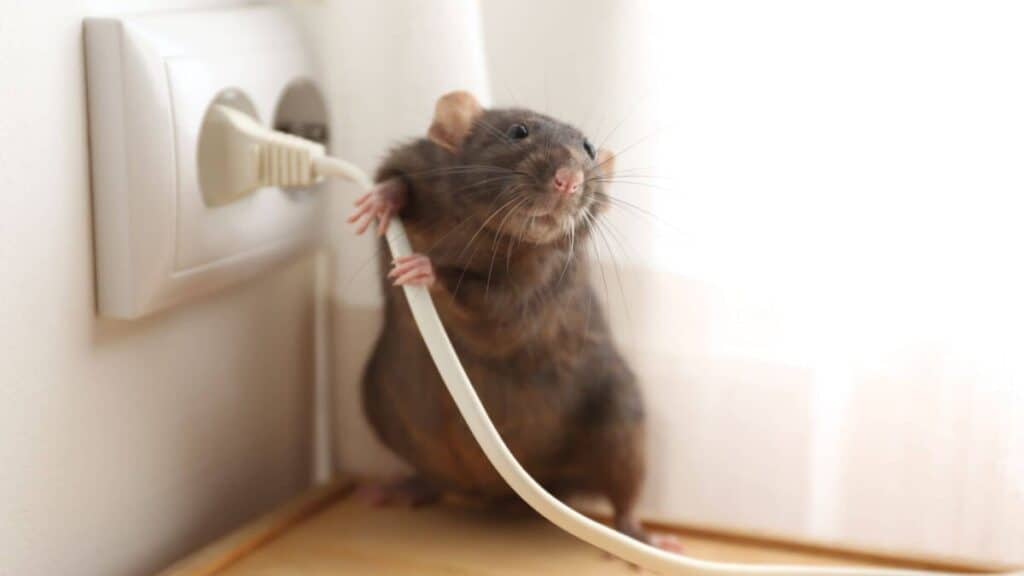
How to include Pest Control in your housekeeping routine
You can’t just do sporadic pest control. Pests come back and proliferate, and you shouldn’t wait until it’s out of control before you take action again.
To really eradicate pests, your housekeeping routine should actively include three components: prevent pests, check for pests, and then get rid of them when they first appear.
- Have a daily, weekly, and monthly cleaning schedule. You probably don’t have time to scrub the house the whole day. So, make a realistic cleaning schedule that includes a quick daily clean, and other regular cleans for more thorough cleaning of specific areas of the house. For example, you can do yard work once a week, do a thorough wipe of the pantry every first Saturday of the month, and throw out old papers from your office every two months.
- Don’t leave food out. Clean the kitchen and dining area everyday. Check cabinets and pantry often, and keep leftover food tightly sealed in containers. Do not eat in non-dining areas like the bedroom or living room (or if you do, clean that area everyday too).
- Clean fabrics and soft surfaces. People often focus only on cleaning floors and countertops. However, many pests like fleas and mites like to stay in sofas, rugs, mattresses, and even curtains. Be sure to include vacuuming or steaming as part of your weekly or monthly housekeeping routine.
- Look for natural deterrents. Some pests are repelled by strong scents. For example, mosquitoes don’t like citronella plants, and ants will avoid a surface that’s been sprayed down with a vinegar and lemon solution.
- Remove potential hiding places and breeding grounds. Clear out piles of paper, stagnant water, leaves in the gutter, or overgrown areas in the garden.
- Repair any visible holes. Regularly check for broken window screens, loose siding, and any cracks or holes where pests can get in. If you repair these quickly, you block out pests and also prevent the openings from becoming larger.
- Check for rotting wood and roof shingles. Pests will make their home in deteriorating wood. Loo for signs of pest infestation, and take extra measures to weather-proof any exposed areas.
- Maintain proper ventilation in attics and basements. Pests love damp and dark environments, especially in little-used rooms like the attic and basement. So, make sure that these areas still get regular ventilation and sunlight. Include regular checks to see if pests have begun to move in.
The role of professional pest control in housekeeping
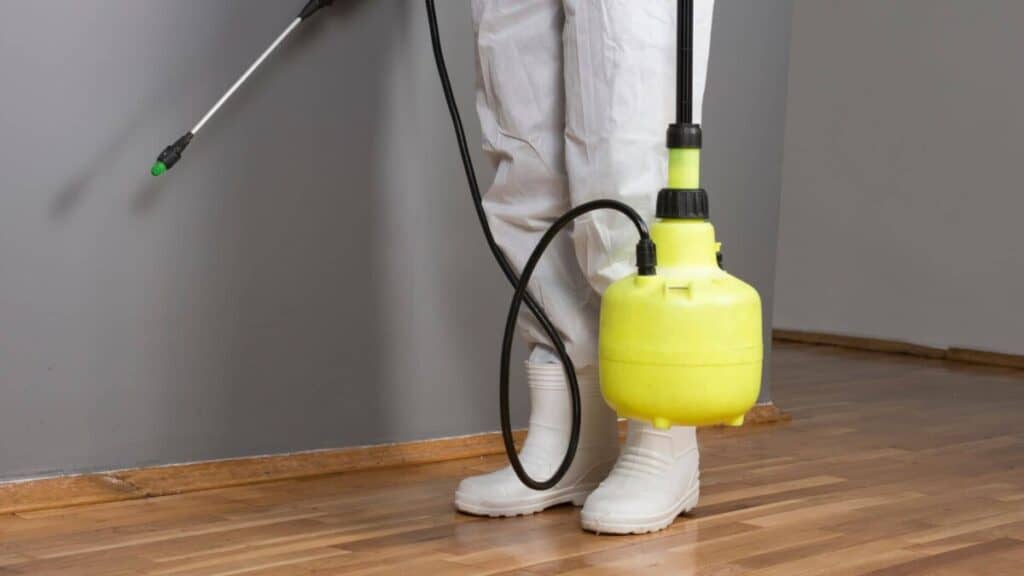
Regular housekeeping can minimize pets, but not completely eradicate them. And sometimes, the daily efforts just aren’t enough to solve a tough pest problem.
That’s why every housekeeping routine should include periodic professional pest control. Here’s when (and why) you need it.
When to call a professional
- There are signs of structural damage. Termites and other pests can do serious damage on wood. If you see any pinholes or tunnels, immediately call a pest control company to remove termite colony and its eggs, and do a treatment to prevent its return.
- There is a rodent infestation. Rodents are one of the most difficult pests to completely eradicate, because they can move in and out of the property and often hide in drainage or the backyard. Household rodent traps and poisons can only catch a few, and may pose danger to pets. It is safer to call a professional that can remove them quickly and safely.
- Strange sounds and smells. It’s hard to catch pests that you can’t see. So, be sensitive to other signs of their presence. For example, strong ammonia-like scent may be a sign of mice, while subtle musty-sweet scents may be a sign of bed bugs. A strong smell may also be a sign of rotting food that the pests have hidden away, or the decayed pests.
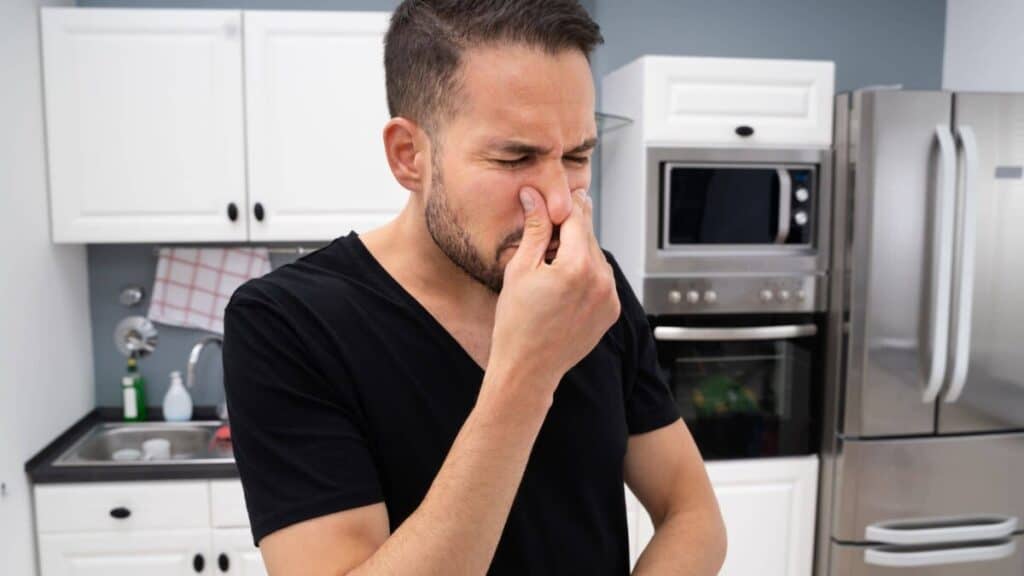
- Signs of hives, nests, ant hills, etc. if you discover the pest colony, don’t try to remove it yourself. Pests will simply escape and move to another area, and in some cases (like bee hives) may attack.It is safer and more effective to call a professional.
- Health risks. Spiders, bees, hornets, large rodents, and other pests are potentially dangerous and can be aggressive when attacked.
- Recurring problem. If you notice that all your housekeeping efforts are not making a dent in the pest population, then it’s better to call a pest control professional than to waste time and money on household products and home remedies.
When to consider regular pest control services
Your home may be more vulnerable to certain types of pests. For example, older homes made of wood are at risk for termites, or you may live in an area that has a lot of spiders or bees, or have a large garden with several trees and bushes where insects and other critters like to hide.

If that’s the case, pest control should be part of your regularly housekeeping schedules. Just like you have your gutters cleaned every year, you may want to have pest control services check your property for signs of nesting.
Vigilant housekeeping and pest control can protect your home and health
Pests will always find ways to populate your home. However, through daily cleaning, regular deep-cleans and checks, and even professional pest control services, you can prevent them from doing extensive and expensive damage.
Alright, that’s it for this article, here are a few hand-selected articles that you might also find interesting reads:
Should I Sign Up for a Pest Control Subscription Service?Pest Control versus Exterminator
Is Pest Control Necessary? My Experience and Conclusion
Recent Posts
Tiny Black Bugs in Bathroom NO WINGS: What They Are and What to Do!
Finding tiny black bugs in your bathroom can be uncomfortable, to say the least. Especially if they are persistent, or they appear in very large numbers, which they often like to do. When it...
Tiny Black Bugs in Plant Soil - What Are They & What To Do About It
A short horror story: You get a new houseplant. You do your best to take care of it. You’ve ensured that it has the right soil, the right amount of sun, it gets enough water. And then one day, you...

